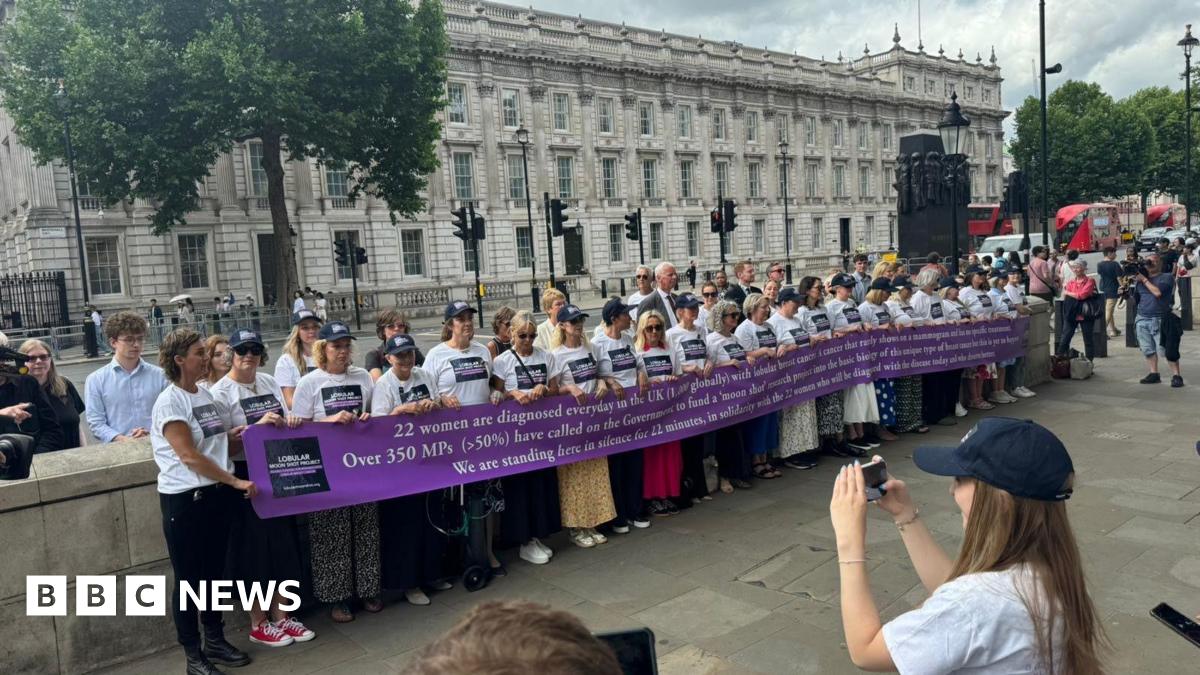Connecticut Residents Face Health Coverage Cuts Under Trump's Proposed Bill: Over 100,000 at Risk

A proposed bill championed by former President Trump, dubbed the 'One Big Beautiful Bill,' is raising serious concerns in Connecticut. Analysis suggests that over 100,000 state residents could potentially lose their health coverage within the next ten years if the legislation is enacted. This potential impact has sparked debate and scrutiny from healthcare advocates and policymakers alike.
What's in the Bill and Why the Concern?
The 'One Big Beautiful Bill' aims to overhaul the Affordable Care Act (ACA), also known as Obamacare. While details of the bill are still being debated and refined, key proposals reportedly include changes to subsidies, eligibility requirements, and the overall structure of the healthcare marketplace. Critics argue that these changes could significantly reduce access to affordable health insurance for many Americans, particularly those with lower incomes and pre-existing conditions.
Specifically, concerns in Connecticut focus on potential reductions in premium subsidies, which help individuals and families afford health insurance plans. If these subsidies are reduced or eliminated, many Connecticut residents could find themselves priced out of the market, leaving them uninsured. Furthermore, alterations to eligibility criteria for Medicaid could impact vulnerable populations who rely on this vital safety net.
Connecticut's Unique Situation
Connecticut has made significant strides in expanding access to healthcare under the ACA. The state's marketplace, Access Health CT, has played a crucial role in connecting residents with affordable coverage options. The potential rollback of these gains through Trump's bill poses a significant threat to the state's progress in improving health outcomes and reducing disparities.
Impact on Individuals and the Healthcare System
Losing health coverage can have devastating consequences for individuals and families. It can lead to delayed or forgone medical care, increased financial burdens due to unexpected illnesses or injuries, and poorer overall health outcomes. The ripple effects extend to the healthcare system as a whole, potentially increasing the number of uninsured patients seeking care in emergency rooms, which is a costly and inefficient way to deliver healthcare.
What's Next?
The future of Trump's 'One Big Beautiful Bill' remains uncertain. It faces considerable political hurdles and is likely to be the subject of intense debate in Congress. Connecticut residents, healthcare providers, and advocacy groups are closely monitoring the situation and urging policymakers to prioritize policies that protect access to affordable, quality healthcare for all.
It’s crucial for Connecticut residents to stay informed about the potential impacts of this legislation and to engage with their elected officials to voice their concerns. Understanding the potential changes and their implications is the first step in advocating for a healthcare system that meets the needs of all Connecticut residents.






